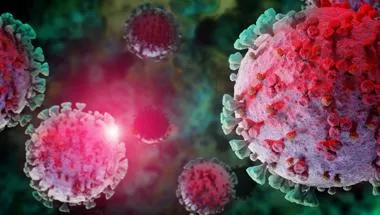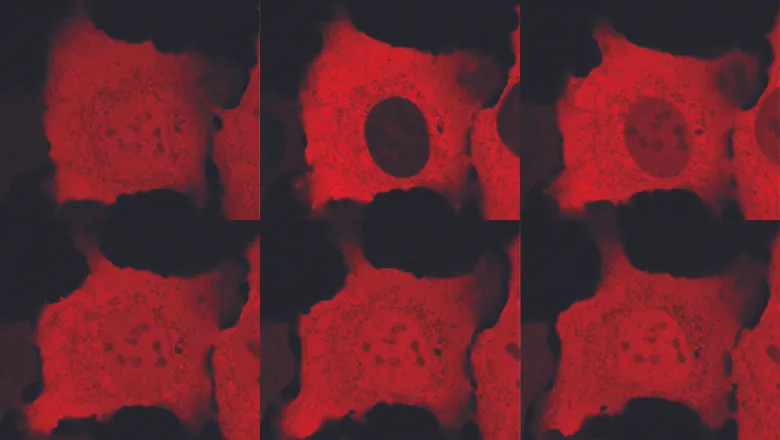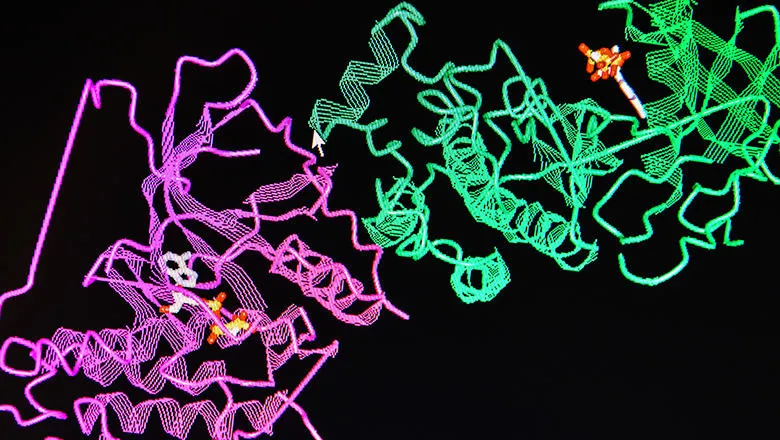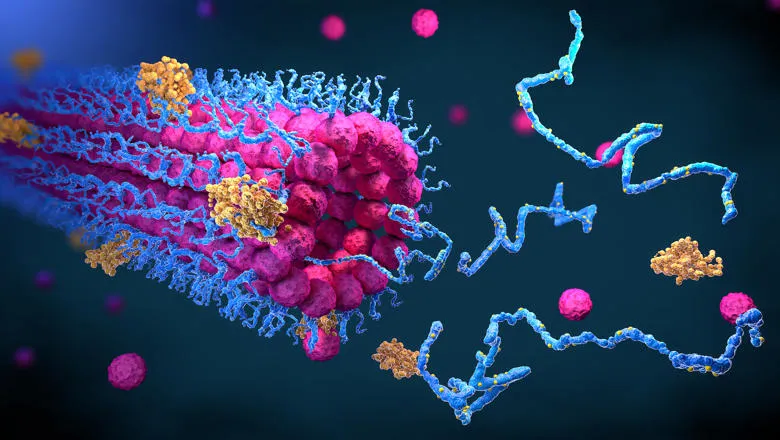
Dr Rafael Tapia-Rojo
Lecturer in Biological Physics
Research interests
- Physics
Contact details
Biography
Dr. Rafael Tapia-Rojo received his bachelor’s degree in Physics from the University of Zaragoza in 2011 and his MSc in Biophysics from the University of Barcelona in 2012. In 2016, he completed his PhD in Physics at the University of Zaragoza, where he worked on developing theoretical and computational models to investigate a range of biological problems, including DNA-protein interactions and protein folding. Following his PhD, Rafael joined the laboratory of Prof. Julio Fernandez at Columbia University as a Postdoctoral Researcher, where he developed and applied single-molecule magnetic tweezers instrumentation to study the mechanisms of protein folding under force, in particular of force-sensing proteins such as talin. In late 2020, Rafael moved to King’s College to work with Prof. Sergi Garcia-Manyes, where he was awarded a King’s Prize Fellowship to continue his work on the nanomechanics of the talin protein. In 2023, he started as a Lecturer in Biological Physics in the Biological Physics & Soft Matter Group in the Physics Department.
Research
Rafael’s research is focused on developing and implementing novel single-molecule technology to study proteins under mechanical force. In the human body, many proteins work under mechanical force, and their behavior and dynamics under such force are crucial to their biological function. Some proteins are mechanosensitive and exhibit finely-tuned force-dependent dynamics that enable them to convert force cues into biological signals; meanwhile, other proteins possess outstanding mechanical properties that allow them to withstand and dissipate large mechanical shocks, playing a scaffolding role. To better understand this range of force-dependent protein behaviors, Rafael employs magnetic tweezers instrumentation to measure the conformational dynamics of individual proteins under physiologically-relevant force perturbations and over extended times. Further, this experimental approach allows us to evaluate how these properties are modulated by protein-protein interactions and chemical modifications to correlate these behaviors with the protein’s biological function.
See Rafael's profile
Research

Biological Physics & Soft Matter
The Biological Physics and Soft Matter group aims to use bespoke technology and analytical methods borrowed from the Physical Sciences to address important fundamental questions in Biology.

King’s MechanoBiology Centre (KMBC)
The King’s MechanoBiology Centre gives a common platform for researchers across different disciplines with complementary interests in mechanobiology
News
King's research shows 'softer' proteins enter the cell nucleus faster
How soft or rigid proteins are determines how quickly they enter the cell nucleus, according to new research from King’s College London and the Francis Crick...

King's physicist awarded prestigious grant to develop new technology to measure how proteins behave under force
Dr Rafael Tapia-Rojo’s € 1.4 million Europe Research Council grant furthers his research on how mechanical forces regulate protein activity

New technique to studying the movements of proteins could reveal insight into age-related diseases
Physicists captured new data on the hidden complexity of protein folding

Research

Biological Physics & Soft Matter
The Biological Physics and Soft Matter group aims to use bespoke technology and analytical methods borrowed from the Physical Sciences to address important fundamental questions in Biology.

King’s MechanoBiology Centre (KMBC)
The King’s MechanoBiology Centre gives a common platform for researchers across different disciplines with complementary interests in mechanobiology
News
King's research shows 'softer' proteins enter the cell nucleus faster
How soft or rigid proteins are determines how quickly they enter the cell nucleus, according to new research from King’s College London and the Francis Crick...

King's physicist awarded prestigious grant to develop new technology to measure how proteins behave under force
Dr Rafael Tapia-Rojo’s € 1.4 million Europe Research Council grant furthers his research on how mechanical forces regulate protein activity

New technique to studying the movements of proteins could reveal insight into age-related diseases
Physicists captured new data on the hidden complexity of protein folding

